One recent weeknight outside the Hi-Ho Lounge, a New Orleans, LA bar and music venue in a formerly-gritty part of town, the first musical act of the evening was cranking up as a different scene was taking shape outside. What started with a few dozen people milling about as the sun was setting, quickly grew to a crowd of hundreds. Its constituents were drinking beer, catching up with friends and friends-to-be, and checking out one another’s bicycles – few of them built for speed but most intended to catch the eye.

Riders with the group GetUpNRide gather across the street from the Hi-Ho Lounge for the Tuesday evening ride. Photo by Stosh A Kozlowski
As the sunlight faded, the LED lights decorating wheels and frames got brighter: purples, pinks, yellows, and greens glowing and pulsing in rhythm with the music thumping from the open doors of the club. By dusk, the group had taken over the space outside the bar, the neutral ground of St. Claude Avenue and the intersection, and spread across the street causing drivers – many of them arriving with bikes in tow – to snake through the weekly street party preceding the three-hour ride every Tuesday since October 2015. It’s called GetUpNRide and it’s part of a social biking scene that’s quickly gaining steam.
As in many cities in North America and beyond, bicycling is taking off in New Orleans – the city ranks among the top ten large American cities for the rate of people commuting by bike – and the proliferation of social riding groups are both responding to and helping to fuel an expansion of bicycling culture here. There are now social rides in Detroit, MI; Chicago, IL; Los Angeles, CA; Houston, TX; and Vancouver, BC. In New Orleans, there are rides for many occasions and specific interests, from vegans to music lovers to the LGBTQ community. In some instances – Slow Roll comes to mind – the rides are inspired by an express desire to bring about social change. In New Orleans, fun appears the primary motivation behind most of the groups. No matter the stated purpose, these rides are attracting new people to bike saddles, providing riders with a sense of place in their community and helping to make the city more bicycle-aware.
“There’s a bike ride and a bike club every single day in New Orleans,” said Terri Battee, 53, who works in the film industry. “I’ve ridden with almost all of them, except the newer clubs.” (Battee, who doesn’t drink, said she was turned off from the groups in part by the prevalence of alcohol, that near-ubiquitous component of any New Orleans gathering.) Nola Social Ride was one of the earliest arrivals, in recent history. Since its 2010 inception, the group has amassed close to 8,000 Facebook followers, its social media feeds serving as forums for all things biking: places to rant about safety concerns, advertise bikes for sale, notify members about bike theft and upcoming legislative proposals, and – unfortunately – to mourn the all-too-frequent deaths of bicyclists. GetUpNRide has primarily attracted an audience of black men and women, no small feat in a city that is predominately African-American but, like many, has struggled to attract black participation in the organized bicycling scene.

Bikes lit up for NOLA social ride. The group was founed in 2010 and now has close to 8,000 followers. Photo by Donna Kennedy.
The apparent homogeneity of the city’s bicycling ranks has fueled a stereotype of bicycling as the domain of white, male hipsters – a reputation that hasn’t helped in lobbying for improved conditions for bicyclists, said Keith Holt, community education manager for Bike Easy, the local advocacy organization. This despite the fact that black residents, in particular black men, have biked for transportation in this largely poor city for many years, often out of necessity.
“It’s kind of a replacement for going to the club,” said Blake Owens, 33, a club promoter and one of three founders of GetUpNRide. “When we started it was simply something fun, healthy, and something different to do,” he explained. “The more people that came out, the more people just kept coming out – and here we are. People tend to forget how fun it is to ride a bike. You ride when you’re young and then you grow out of it.” Today it’s hard to ignore the broader implications of what is taking shape through the group’s events. “I think this is the beginning of a shift in bike culture,” Owens said of the fact that GetUpNRide is luring so many people of color to bicycles.
Also remarkable in light of women’s reluctance to ride where it feels unsafe, is that the rides are attracting more women than men, Owens said. He hopes that enticing new people to the activity will shift perceptions about who is biking and who biking is for. “Last week we had about 700 people,” Owens said. “Imagine what 700 young men and women could be doing if they weren’t biking. It’s such a positive thing. We’re teaching them something that’s healthy, fun, different.” To Battee, GetUpNRide’s success marks real progress. “When I started with social rides, in most cases I was the only black person,” she said.
Today, she sees a lot more company from people of color riding the city’s streets, to which she credits in part the rise in social bicycling groups. If current trends hold, real gains could be realized in engaging communities that have historically been left out of vital transportation policy conversations, said Naomi Doerner, who lives in New Orleans and is a nationally-recognized transportation equity strategist and planner.
Back outside the Hi-Ho as the riders were getting ready to take off, 32-year-old New Orleans lawyer Lacresha Wilkerson biked over on her rent-a-bike, acquired from one of multiple vendors out on location for the night’s event. She doesn’t own a bike of her own but was drawn to the ride after noticing the stream of colorful bicycles pedaling past her downtown apartment. “It seemed like a fun way to burn some calories,” she said. “And it’s exciting.”
Derek McKay, a 56-year-old musician, wandered about in search of a patch to repair a busted tube that threatened to derail his ride. McKay had been participating in the rides for about a month. “It’s a Mardi Gras type atmosphere,” the New Orleans native grinned beneath his hat with the city’s football team logo on it. As he talked, the smoke from a BBQ grill wafted over from a nearby sidewalk, carrying the scents of oysters and hot dogs. McKay gestured over to his bike, propped against a rack next to a mound of others. “I paid $60 for that bike at the used bike store,” he shared. “But it’s got $350 worth of lights on it.”
Emilie Bahr is a writer and urban planner living in New Orleans. She is the author of the book Urban Revolutions: A woman’s guide to two wheeled transportation.
Get your FREE copy of our new guide: Momentum Mag's Urban Cycling Guide
In our latest free guide, we share a few tips and tricks for anyone new to urban cycling who is looking to get started. We discuss the latests numbers regarding safety and cycling as well as go over a few rules of the road that every cyclist should know.
Thank you for your submission. Your free guide has been sent to the email address you provided.

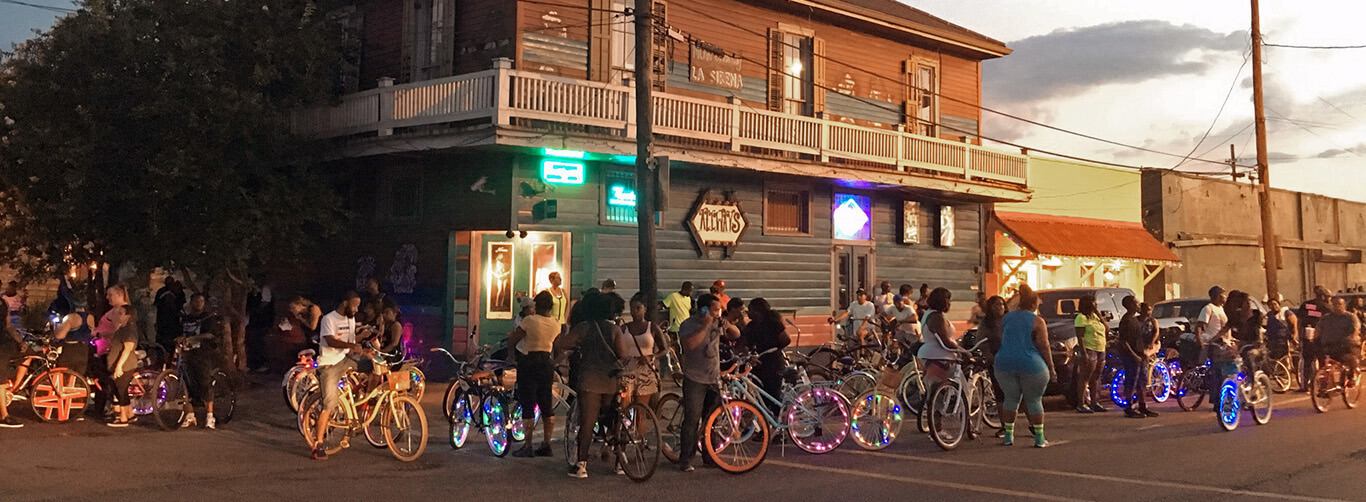
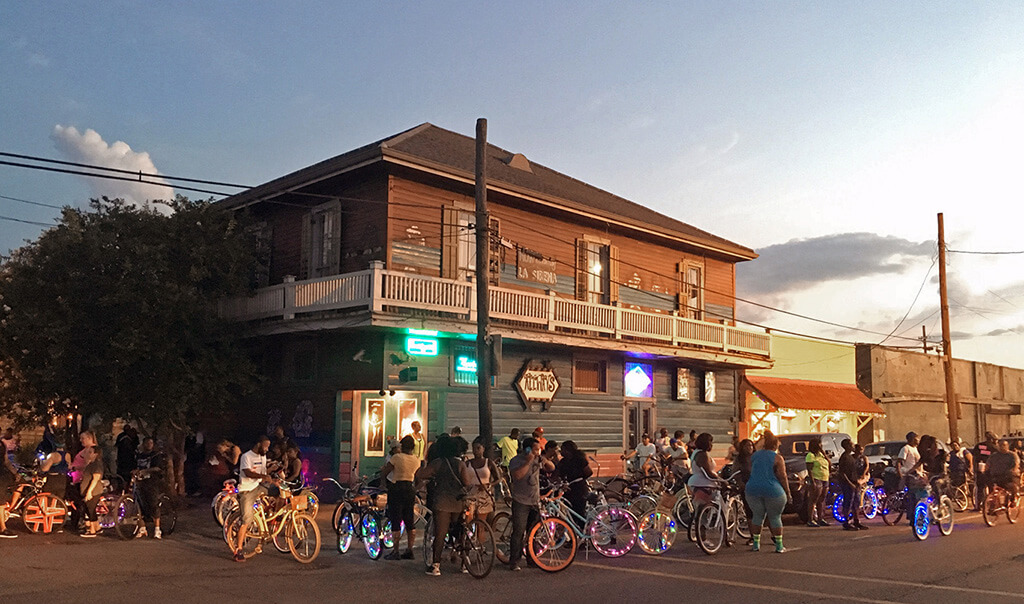
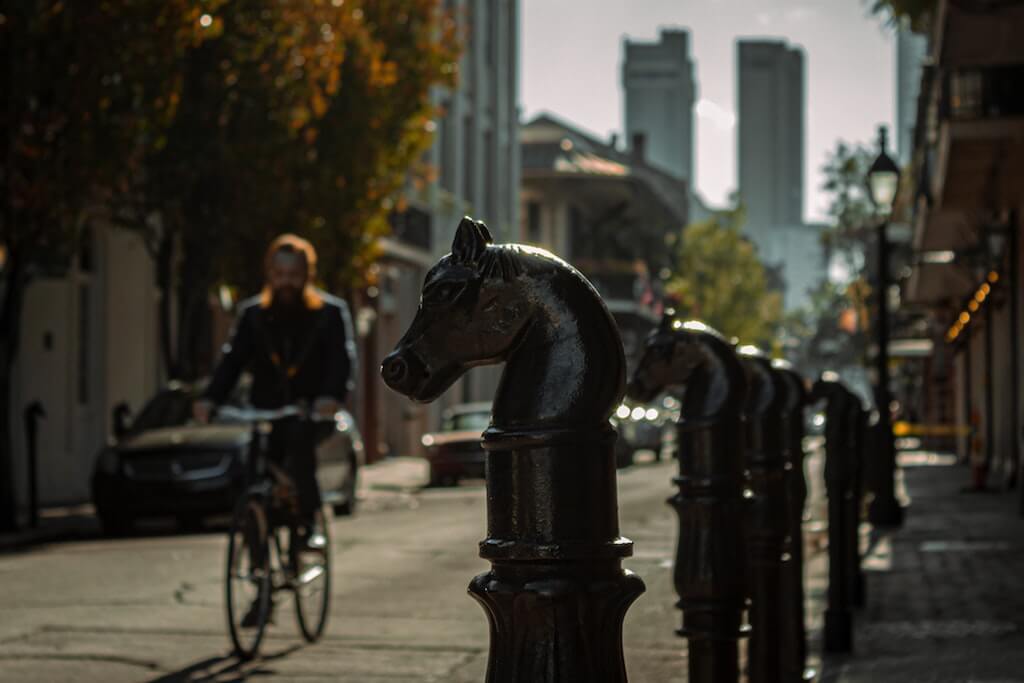

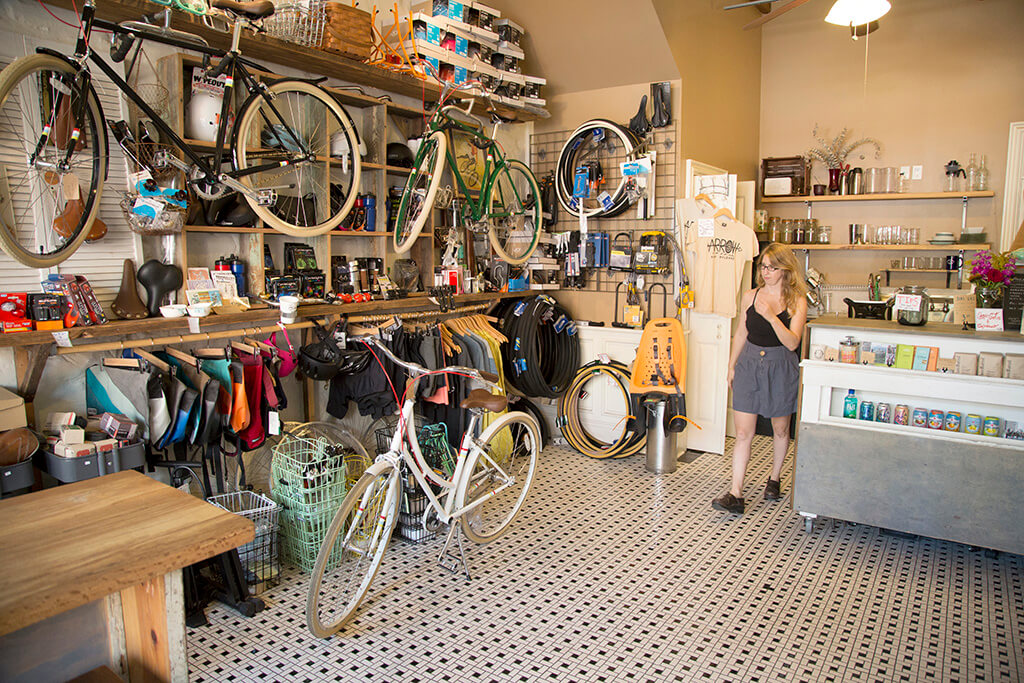
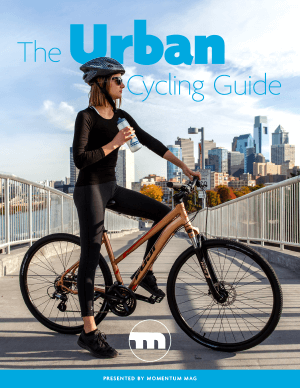
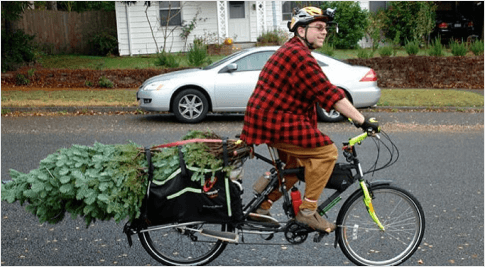
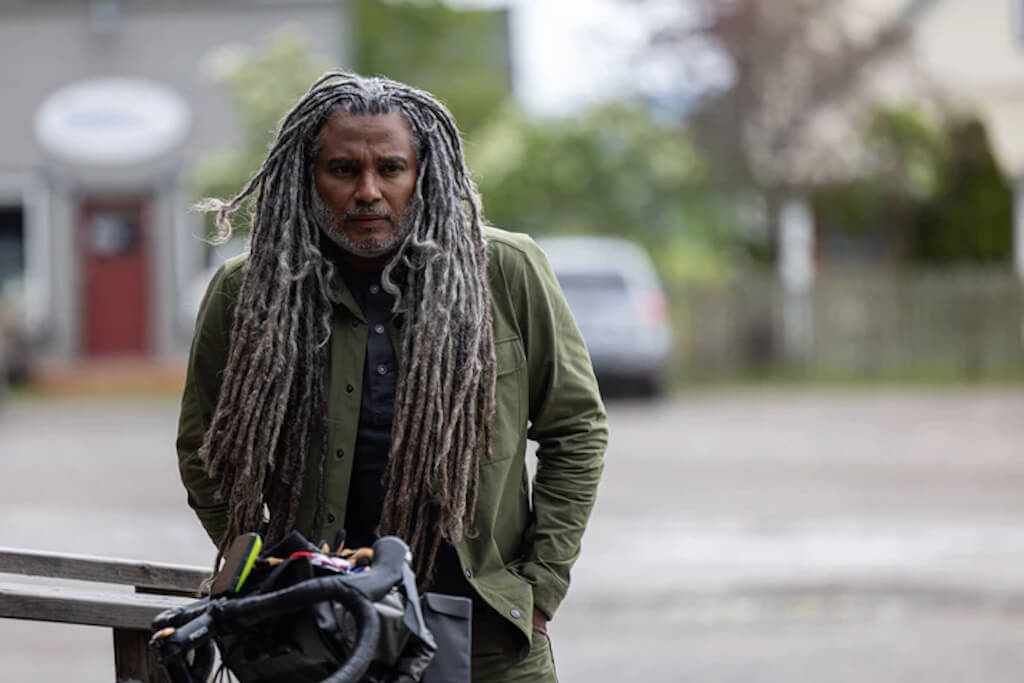
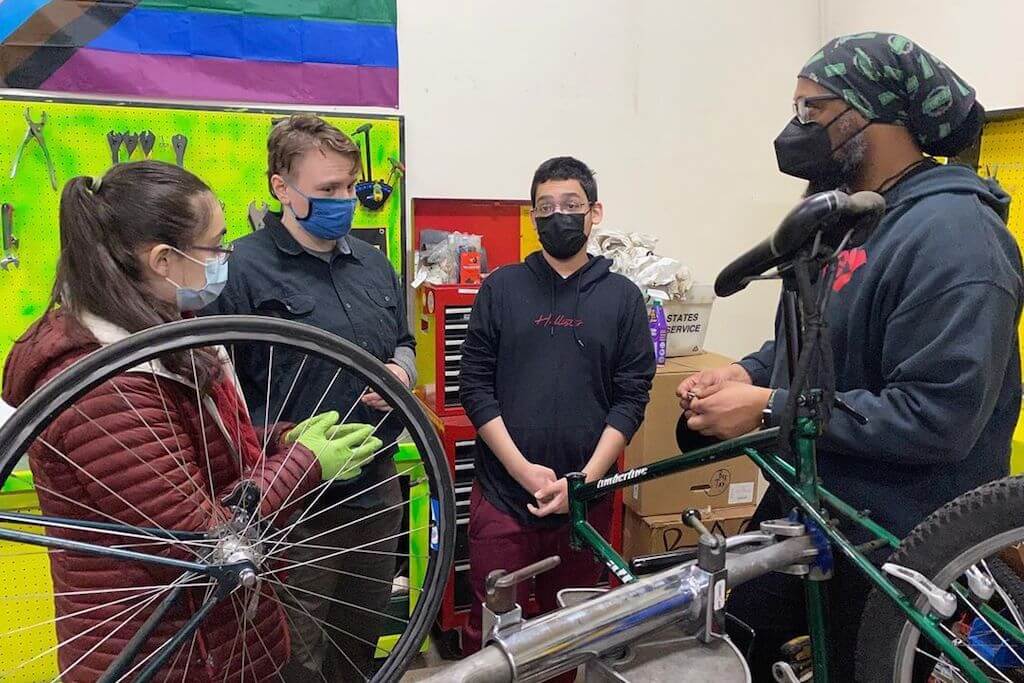
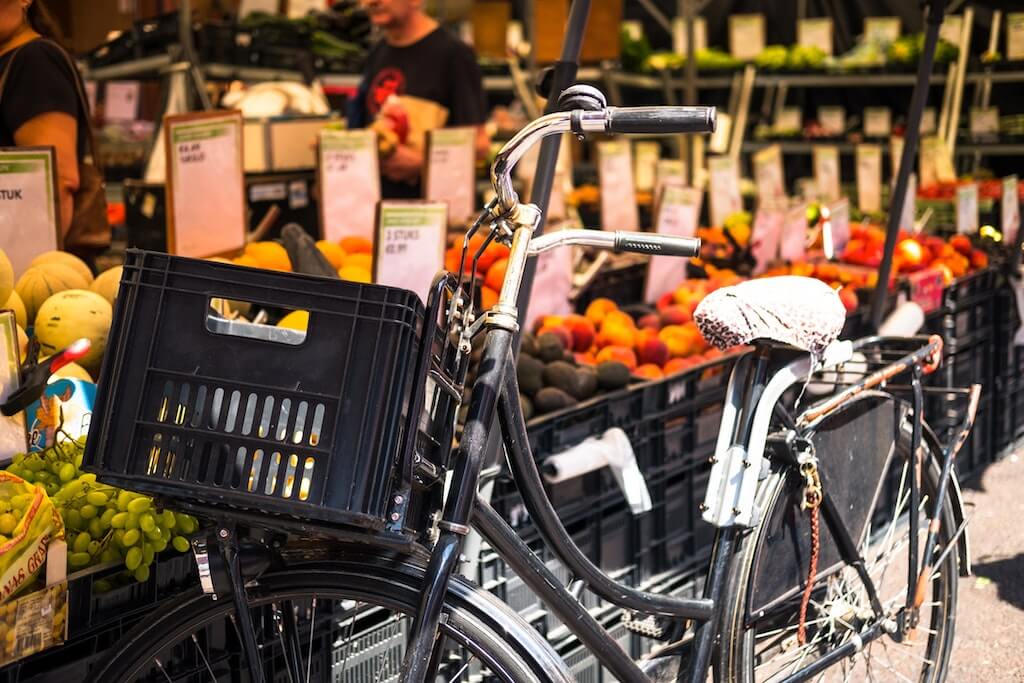

Leave a comment